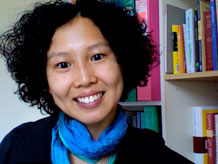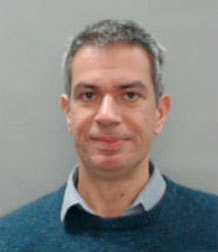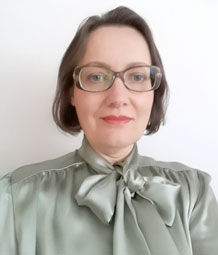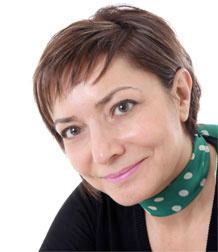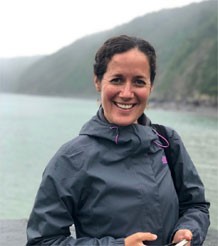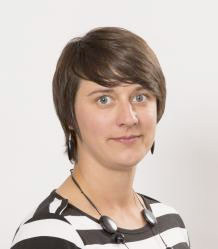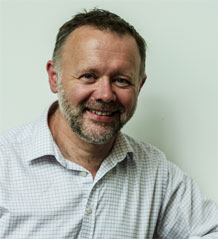Levant
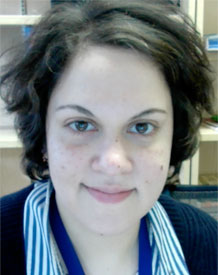
Sabiha Allouche
My research looks at the affective consequences of the securitisation of governance and the permanent war that subjects in the global south endure. More specifically, I focus on the instrumentalization of gender and sexuality and the sexualisation of racial difference in the Middle East has shaped relationships to the state, gendered subjectivity, mobility and futurity
Ella Gao
I am interested in the politics of dictatorships, especially the usage of elections in these states. I am also interested in how social diversity (such as tribal diversity) affects the provision of government services.
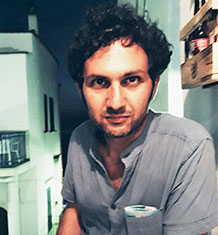
Maziyar Ghiabi
I am a social scientist and historian working on health and policy with a special focus on drug policy, 'addictions', and lived experience of public health in contexts of disruption.
Adam Hanieh
My research focuses on the political economy of the Middle East, with a particular emphasis on the six states of the Gulf Cooperation Council. My work examines the role of the Gulf states within global capitalism; as well as the ways in which capital accumulation in the Gulf impacts wider issues of development in the Middle East, including inequality, poverty, and social polarisation.

Alan Hassanian
My research discipline falls with Political Science. I look at historical and contemporary trends and evenest shaping the 20th and 21st centuries’ development of the state and society in Iran. With a particular focus on identity politics/politics from Iran's peripheral regions, such as the country’s Kurdish region (Rojhelat/Eastern Kurdistan). All together my research interests comprise contemporary Iranian and Kurdish politics, Kurdish nationalism and national movement, and environmental and cultural activism in Kurdistan
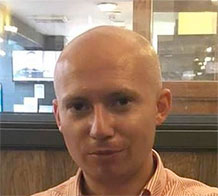
Henry Jarrett
My research focuses on conflict management in divided societies under the consociational power sharing model. I am especially interested in the (actual and potential) impact of consociationalism on identity in societies where this method has been implemented and, in particular, whether the model has the ability to mitigate or change identities. The geographical focus of my research was initially on Northern Ireland, however I am increasingly drawn to consociational cases in the Middle East, namely Lebanon and Iraq.
Klejda Mulaj
Kledja studies political violence and postconflict rebuilding with particular reference on the violence of war against civilians, violent non-state actors, Western foreign policy rationales for intervention, transitional justice, nationalism, state building, and (challenges of) provision of security in the aftermath of violent conflict – primarily focusing on the Balkan region and the Middle East.
Nadia Naser-Najjab
My research work is related to Palestine and the Palestine-Israel conflict with emphasis on peace process, resistance, reconciliation, civil society. My areas of research include Palestinian women and youth.
Katie Natanel
My research is grounded primarily in Palestine/Israel, with interests including political participation and mobilisation; conflict and political violence; political emotions and sensation; and decolonisation and anti-colonial movements. I am now pursuing work on decolonial feminist ecologies, which traces transnational connections.
Catriona Pennell
I am a Professor of Modern History and Memory Studies at the University of Exeter where I specialise in the history of 19th and 20th century Britain and Ireland, with a particular focus on the First World War and British imperial activity in the Middle East.
Gareth Stansfield
I have been a regular commentator and adviser on Middle East politics over the last decade, focusing in particular on the politics and political economy of Iraq, the Kurdish regions of the Middle East, dynamics of Gulf/Arabian peninsular security, and questions of post-conflict stabilization and nation/state building.

Owen Thomas
I conduct research on state-sponsored accountability and lesson-learning practices (such as commissions of inquiry). In particular, my research has focussed on the use of British official inquiries appointed to investigate alleged failures, transgressions and scandals related to military interventions in the Middle East. These include the investigation of alleged human rights abuses and war crimes during the Global War on Terror (GWOT), the military intervention in Iraq (2003) and the Mesopotamia Campaign of the First World War.
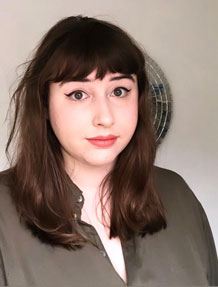
Margot Tudor
I am a historian of international interventions, decolonisation, and sovereignty, focusing on post-colonial state formation and colonial continuities in international security practices during the mid-20th century. As post-doctoral research fellow for the Leverhulme-funded project 'Warnings from the Archive: A Century of British Intervention in the Middle East', I am interested in the political culture of 'lesson-learning' and the role played by public inquiries in shaping historical understandings of state transgression.

